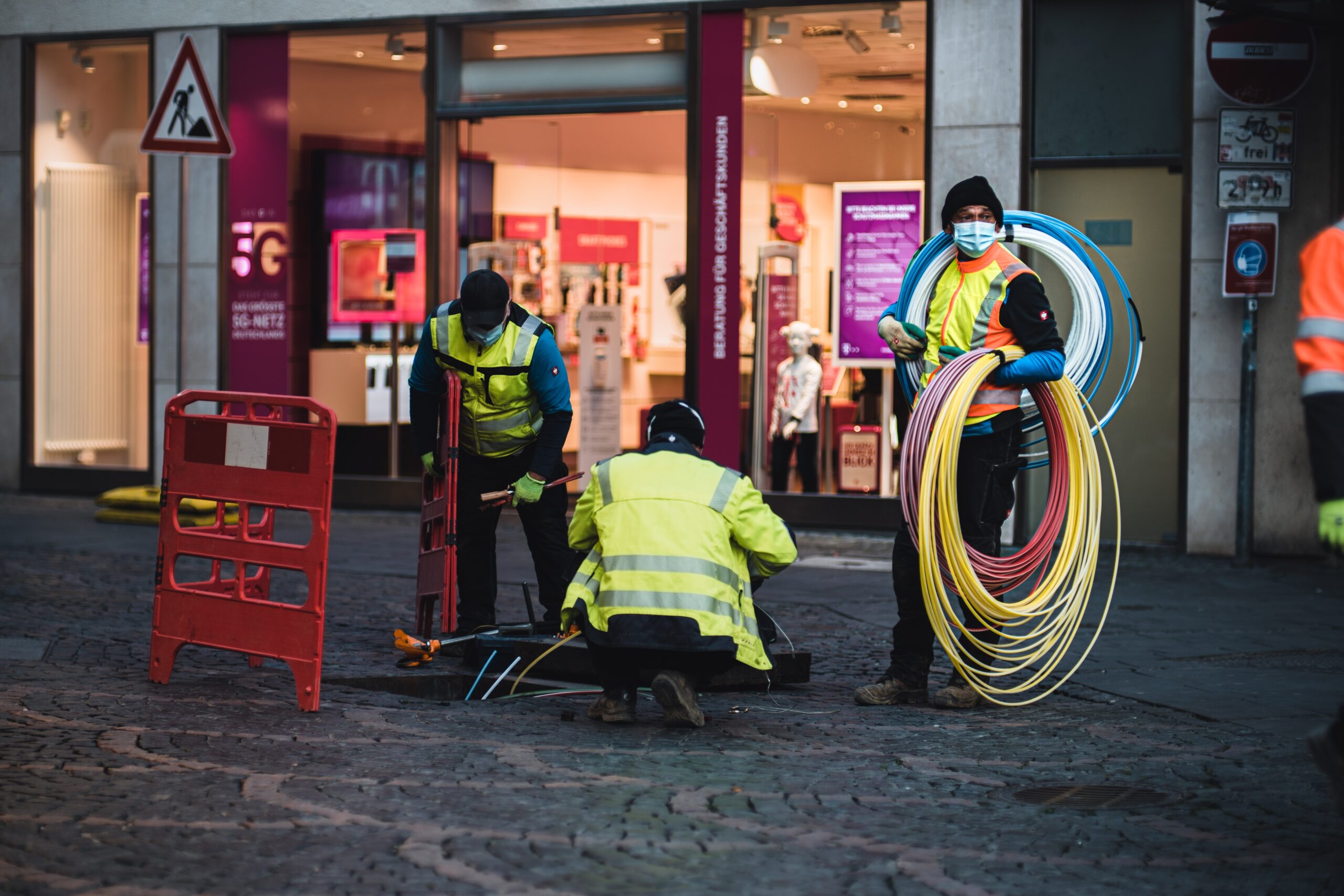
The $1 trillion infrastructure plan of the Senate agreed by the two parties includes an investment of $65 billion in broadband services that will deliver affordable, quick, and high-speed internet to every individual.
Even if it cannot achieve its goal, it is one major step in the direction of achieving that. This plan of the Biden administration shows its long-term goal of connecting all Americans at affordable prices and is a significant down payment for the funding of the broadband connection. The critical part of the plan is that $14 million of the total amount is focused on helping Americans with low income to acquire the service.
As the digital divide has been there all the time between the haves and have-nots of broadband, the pandemic has only widened the gap. With everything like school, offices, and even healthcare shifting to online platforms, access to the internet was necessary. But, most people didn’t have the gadgets; even those with smartphones and access to cable companies could not pay for the services.
The administration’s original plan was to invest $100 billion for regulating the broadband services price and finding (also promoting) alternatives to cable services and mobiles, which occupy most of the marketplace. But this didn’t get adequate support from the opposition Republicans.
The infrastructure bill of $1 trillion was passed on Tuesday with the support of both Democratic and Republicans. Further considerations of the bill will be discussed in September.
Report on Digital Divide
The commission for federal communication said that a population of 14 million Americans is deprived of broadband speed which is essential to study and work from home.
The companies dealing in phones and cable services do not have enough incentives to extend the infrastructure (required for internet accessibility) in rural areas with few people. The companies fear that they might not be able to make a profit from their investments. That’s where the subsidies to the industry given by the government come into play.
Affordability is on the focus
The bill passed by the Senate will provide a $30 monthly benefit to the low-income Americans who pay for the internet, an emergency program driven by the pandemic.
Jenna Leventoff says that the bill is historic and when changes into law will help many people connect with broadband. If broadband companies are willing to participate in the plan, they will gain customers.
Money required for networking
The bill is supposed to give $42 billion as grants to the states, who then pass it to the Internet Service Providers to expand the network to the areas that don’t already have access. The companies taking this money will have to offer affordable and low-price services, and government regulators will approve the prices.
The bill says that the speed of the internet should be a minimum of 100 Mbps. Although, some advocates think it is still too low and the government should spend big. Wood said that even though the bill doesn’t increase the options and low prices for everyone, think about the millions who will be benefitted from this. It is a big deal for him.
